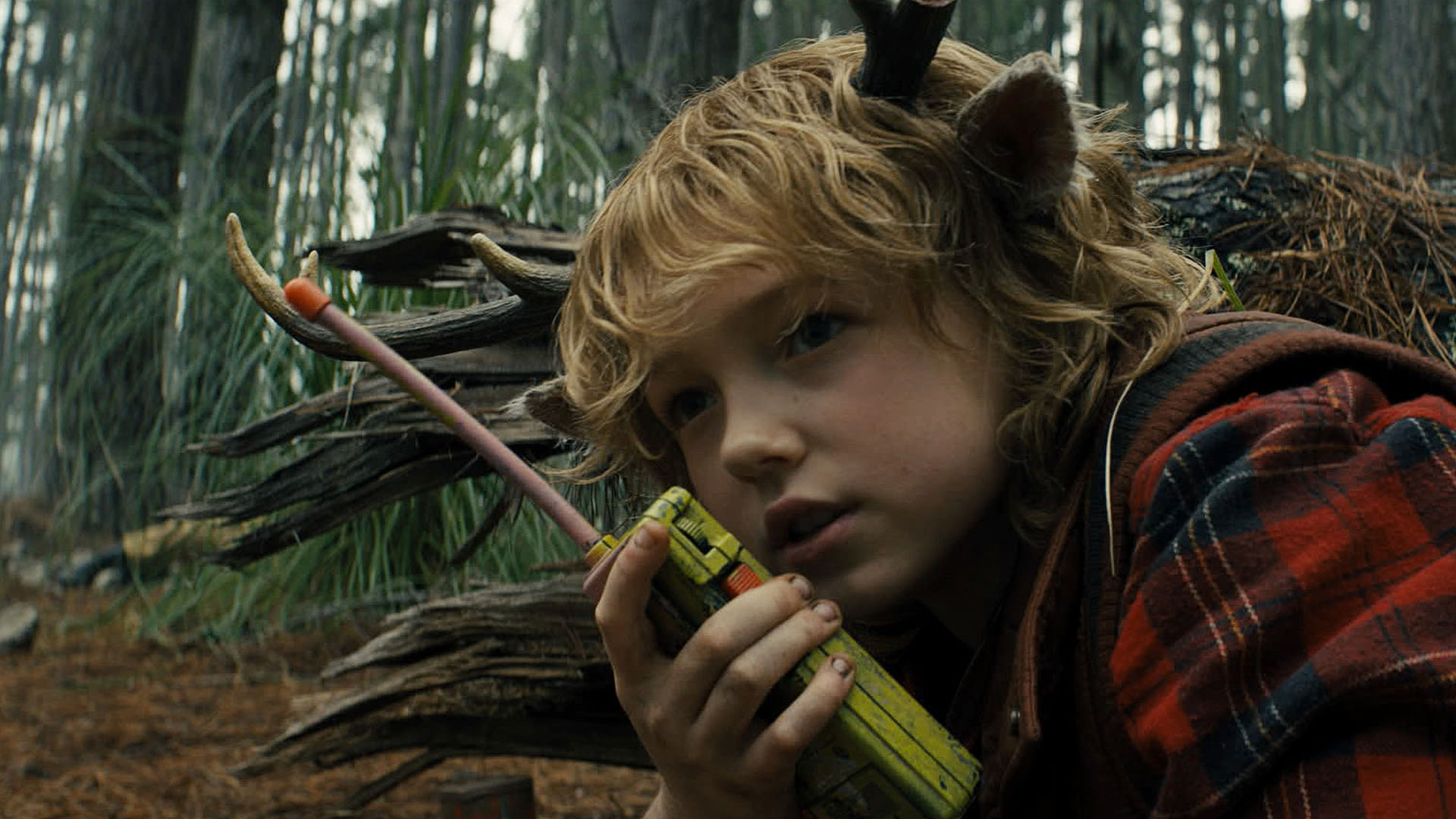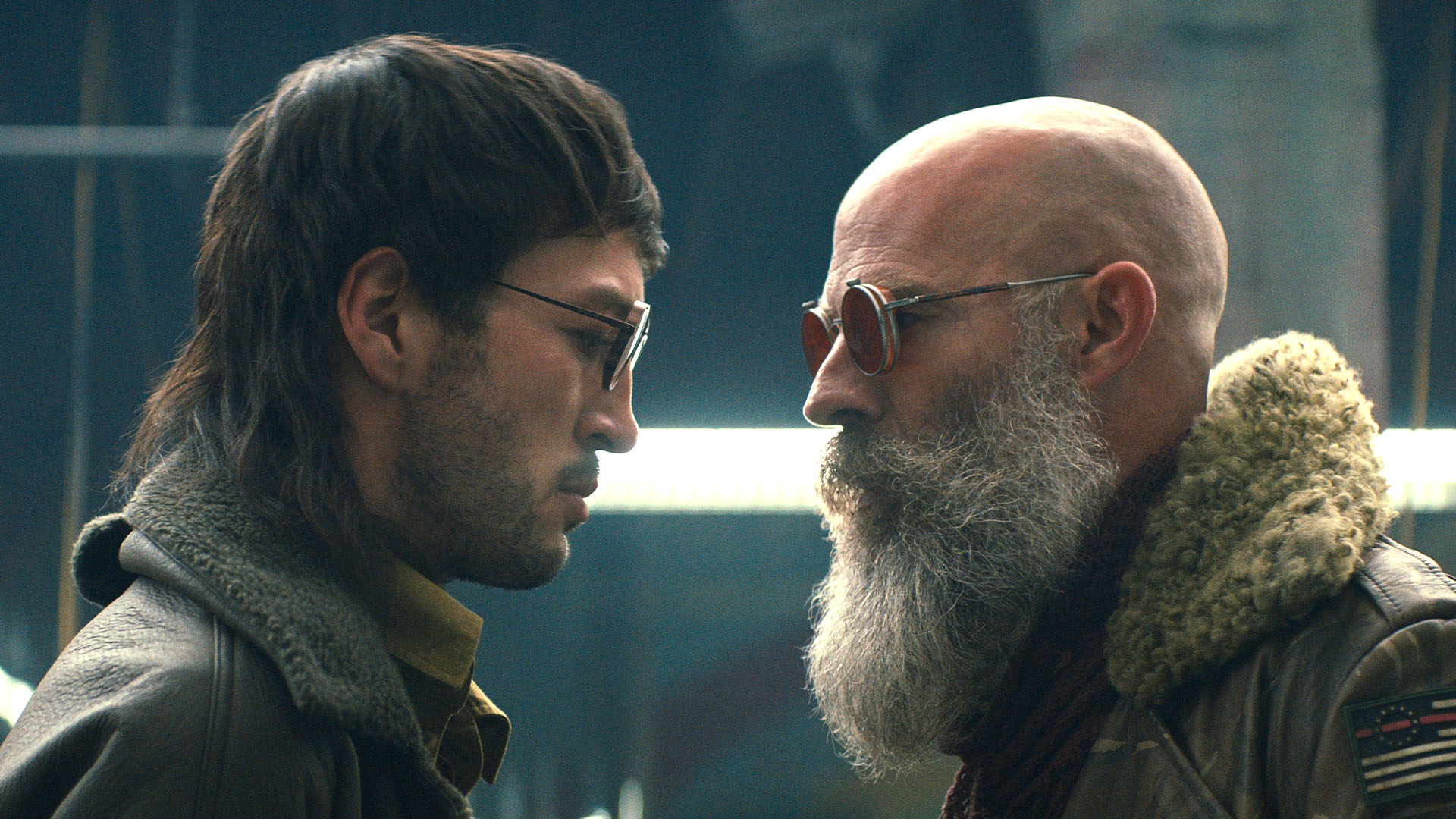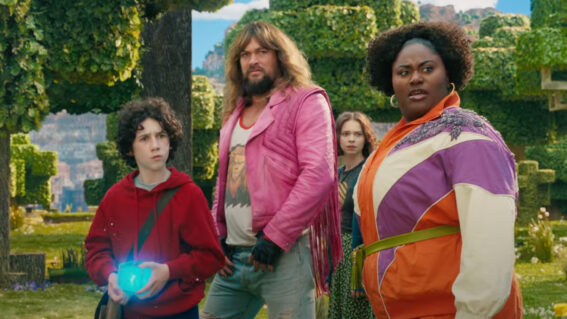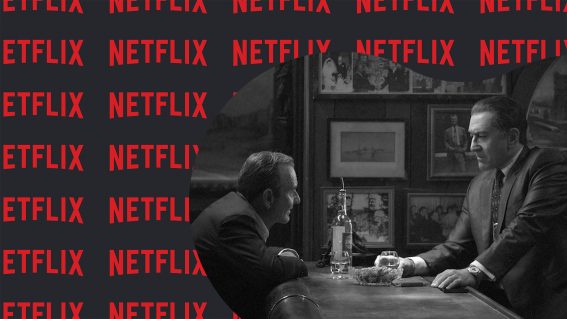Sweet Tooth is back for season two of apocalyptic… maximum cuteness?

We’re all drowning in content—so it’s time to highlight the best. In her column published every Friday, critic Clarisse Loughrey recommends a new show to watch. This week: The second season of Netflix series Sweet Tooth, offering a more fantastical take on the post-apocalypse.
Sometimes, it feels a little farcical that our televisions are so often occupied now by fantastical stories concerning incurable viruses and devastating plagues—which we all watch by closing our doors on the real, ongoing pandemic and plopping ourselves down on our couches. Then again, the stories we tell have always reflected the world we live in. And there’s something about genre fare, all the superheroes and space battles and monsters, that creates space for us to safely process our own fears and traumas.
Out here, in reality, we’re taught to lock away our emotions so that we may continue to serve as productive members of society. But up there, on screen, in the unreal, there are no boundaries. Love is felt at its fullest. So is sorrow. And hope. It’s true liberation. So, really, it’s no surprise that this year’s The Last of Us, about a fungal-spawned apocalypse, became such a phenomenon. And it’s no surprise that Netflix, back in 2021, found such success with the debut season of Sweet Tooth. The series is adapted from Jeff Lemire’s graphic novel about a flu-like illness known as “the sick”, which rears its head at the same time that children start inexplicably being born with animal characteristics.
The series, created by Jim Mickle, is familiar territory in one sense—it’s a post-apocalyptic drama in which a rambunctious child (Christian Convery’s deer-boy Gus), who may be the key to humanity’s salvation, is shepherded across the wilderness (here, New Zealand) by a hardened, former killer (Nonso Anozie’s Tommy Jepperd) who becomes a reluctant father figure in the process. So, basically, The Last of Us if Ellie had antlers.

But we’re used pretty much only to grime and decay in these stories. Sweet Tooth dares to mix it up with a little whimsy, deploying a Where the Wild Things Are-style aesthetic that takes full advantage of the animal-child hybrid concept in order to achieve maximum cuteness. There’s a puppet groundhog named Bobby whose fragmented use of language (“Bobby trust Gus”) and croaky voice is straight out of the Grogu/Baby Groot lab of marketability. It’s a nice break from the hours upon hours of catastrophising.
It’s that tenderness that now carries Sweet Tooth through its second season, which picks up exactly where season one left off: Gus and Jepperd are separated and the hybrids imprisoned by a malevolent military man (Neil Sandilands’s General Abbot, who unintentionally looks exactly like Sonic the Hedgehog’s nemesis Dr Robotnik). Abbot is also forcing the genteel Dr Aditya Singh (Adeel Akhtar) to conduct experiments on the children, in search of a cure that would also save the life of his wife Rani (Aliza Vellani). Jepperd has teamed up with Aimee (Dania Ramirez), a maternal figure to the hybrids, in order to liberate Gus and his companions.

And though the plot of this season has a tendency to lag, Sweet Tooth’s gaze is still locked on to its central theme and raison d’être – that dire times force us to evaluate what truly matters most. And that, sometimes, it forces us to make the terrible decision between what matters most to us and what matters to the world. Again, it’s a little like The Last of Us, but takes the lighter, more sentimental route there.
Most of the characters here are haunted by a time when they made that choice and were forced to live with the consequences. In Aditya’s case, it’s a choice he’s still on the precipice of making—knowing that the cure might only be achievable through the torture and death of children. To make what seems like the heroic choice would not only spell a death sentence for the woman he loves, but perhaps for all of humanity. It’s the sort of frightening conundrum that has its smaller, more intimate parallels in our own lives, but can be difficult to think about. At least Sweet Tooth makes those horrors a little more manageable.
















